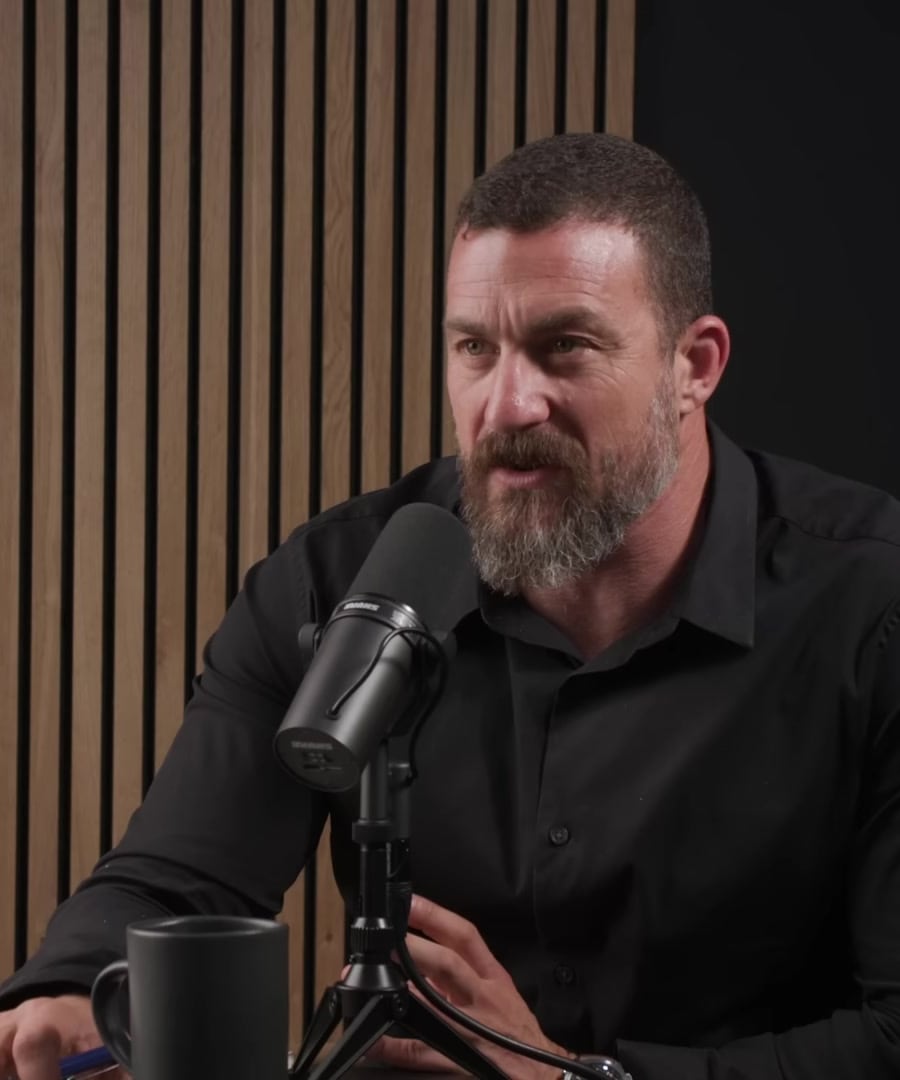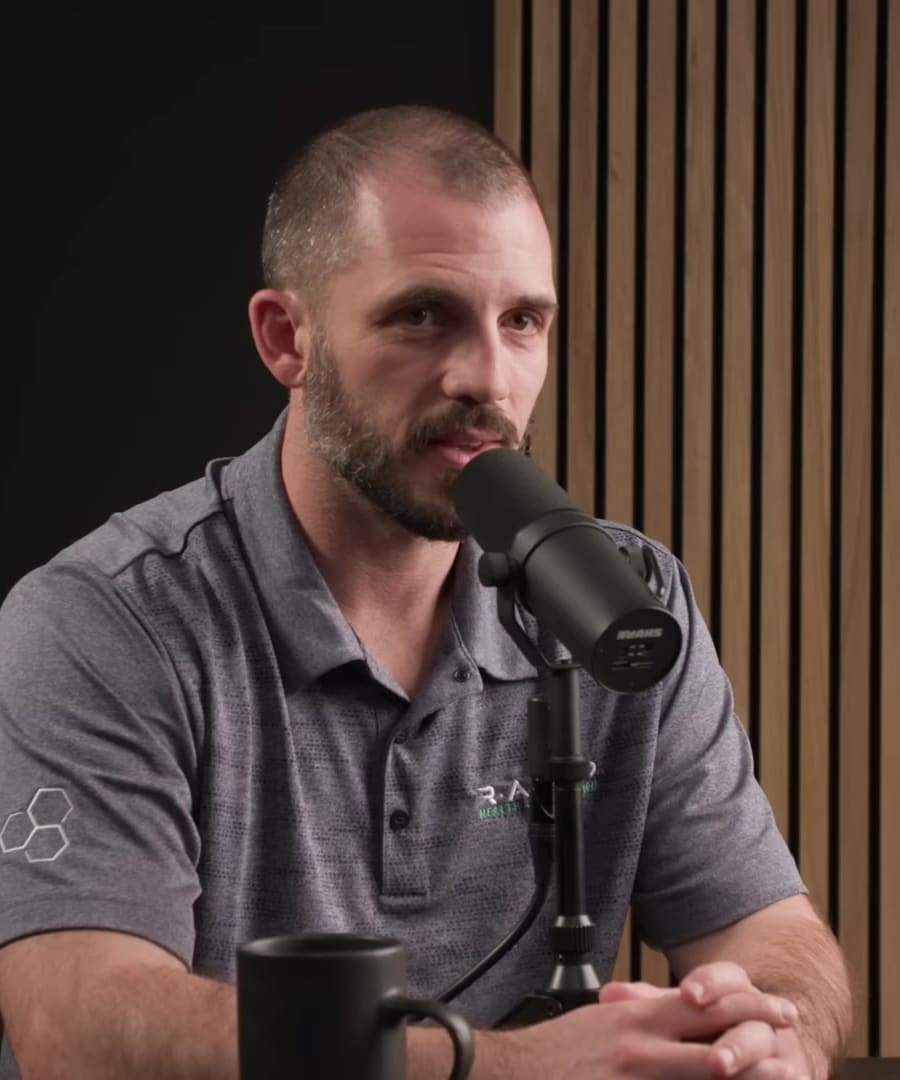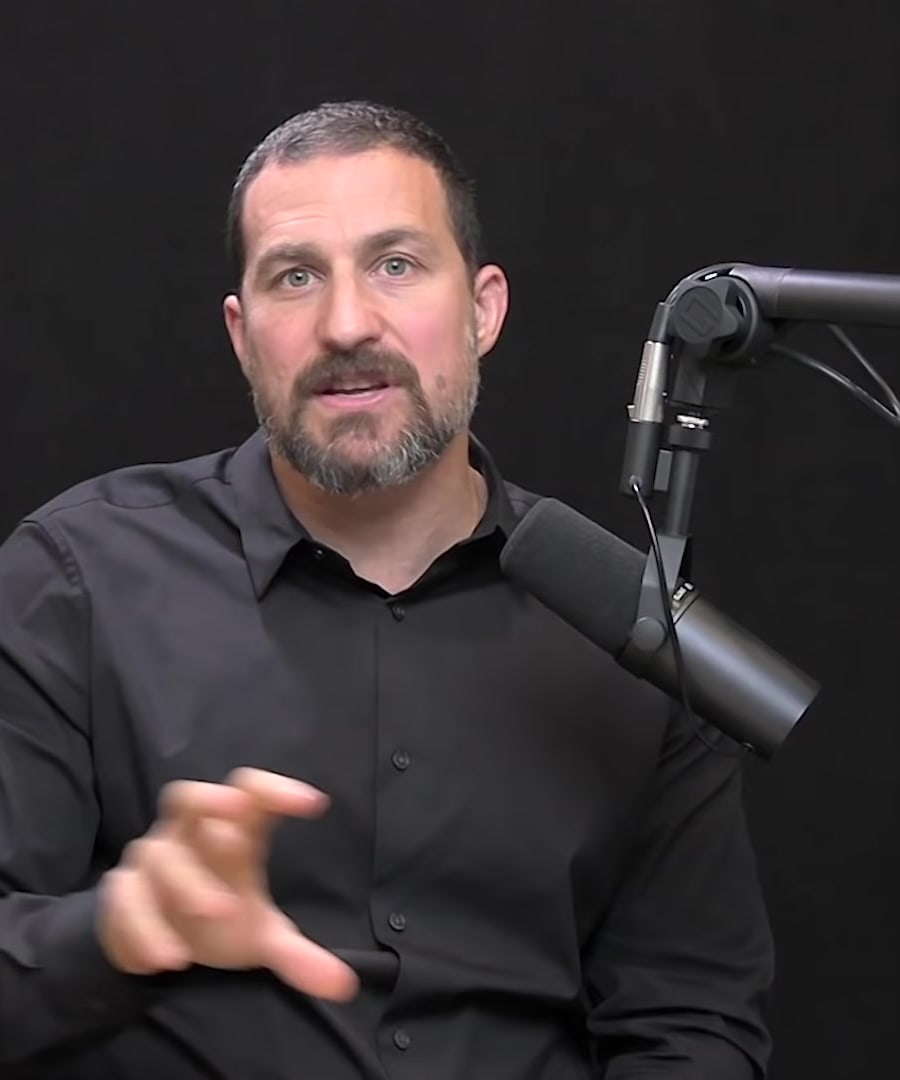What protocols are recommended for improving sleep?
Sources:
For improving sleep, several protocols and behaviors are recommended:
- Non-sleep deep rest (NSDR) protocols like hypnosis, yoga nidra, or meditation can help with sleep anxiety, falling asleep, and returning to sleep if awakened during the night 1.
- Maintaining a regular sleep schedule and avoiding neurotic attachment to it to prevent sleep anxiety 1.
- Light management, in particular avoiding screens and blue light before bedtime as it can disrupt the circadian system and delay sleep signals 2.
- Cognitive Behavioral Therapy (CBT) for sleep hygiene, such as having consistent bedtime and wake-up times, and relaxation techniques 2.
- Reducing fluid intake in the 3 hours before sleep to prevent nighttime awakenings for bathroom use 3.
- Keeping the sleeping environment cool and dark, and considering a warm bath before bedtime to help lower body temperature and signal it's time to sleep 2.
- Specific activities related to bed, such as ensuring the bed is used only for sleeping and sex, can improve sleep quality 4.
- For individuals with acid reflux impacting sleep, elevating the head of the bed by six inches can alleviate symptoms during the night 4.
- Myofunctional therapy, which involves tongue exercises, may benefit those with sleep disturbances related to snoring or REM sleep issues 4.
These are just a few of the protocols and tips discussed in different episodes of the . Always consult a healthcare professional if sleep issues persist.
RELATED QUESTIONSWhat supplements can help with sleep?
Sources:
To aid with sleep, the has suggested several supplements that can be helpful:
-
Magnesium Threonate or Magnesium Bisglycinate: These forms of magnesium can help with falling asleep faster and staying asleep, as they have a mild drowsiness effect and aid in shutting down the forebrain 1 2.
-
Apigenin: Found in chamomile, this supplement can help with reducing anxiety and ruminating thoughts, which can assist in falling and staying asleep 1 3.
-
Theanine: This compound may help in turning off the mind and can increase GABA, which might make falling asleep easier 2. However, it can make dreams more vivid, which may be unsuitable for some people 4.
-
Myoinositol: This supplement can help shorten the amount of time it takes to fall back asleep if you wake up in the middle of the night 5.
-
Glycine and GABA: Also mentioned as potential aids for sleep, though specific citations for these in the context of sleep were not provided in the search results 6.
It is important to note that depending on individual factors such as vividness of dreams and gastrointestinal sensitivity, not every supplement will be suitable for everyone. Moreover, the episode warns about potential dependencies on sleep supplements, although this dependency is not necessarily pharmacological in nature, but rather possibly a placebo effect 7. It is also suggested to consult a healthcare professional and consider adjusting nutritional and lifestyle habits before turning to supplements 2.
RELATED QUESTIONS-
What protocols are recommended for improving sleep?
- RELATED QUESTIONS
What supplements can help with sleep?
- RELATED QUESTIONS










